New storm deepens misery in cyclone-hit Burma
Torrential tropical downpours lashed Burma's Irrawaddy delta on Friday.
Friday, 16.05.2008.
09:31

Torrential tropical downpours lashed Burma's Irrawaddy delta on Friday. It has deepened the misery of an estimated 2.5 million destitute survivors of Cyclone Nargis and is further hampering the military government's aid efforts. New storm deepens misery in cyclone-hit Burma Despite the latest storm, which is likely to turn already damaged roads to mud in the swamp-covered region, the former Burma's ruling generals insist their relief operations are running smoothly. However, they issued an edict in state-run newspapers on Friday saying legal action would be taken against anybody found hoarding or selling relief supplies, amid rumors of local military units expropriating trucks of food, blankets and water. If emergency supplies do not get through in much greater quantities, foreign governments and aid groups say starvation and disease are very real threats. Some cholera has been confirmed among survivors, but the number was in line with case levels in previous years in Burma, the World Health Organization (WHO) said on Friday. "We don't have an explosion of cholera," Maureen Birmingham, acting WHO representative in Thailand, told reporters in Bangkok. Diarrhea, dysentery and skin infections have afflicted some cyclone refugees crammed into monasteries, schools and other temporary shelters after the devastating May 2 storm. The WHO, which has sent health kits, bleach and chlorine tablets to treat dirty water, said the peak threat from disease was 10 days to one month after a natural disaster. Earlier, the reclusive generals, the latest face of 46 years of unbroken military rule, signaled they would not budge on their position of limiting foreign access to the delta, fearful that it might loosen their vice-like grip on power. "We have already finished our first phase of emergency relief. We are going onto the second phase, the rebuilding stage," state television quoted Prime Minister Thein Sein as telling his Thai counterpart this week. Underlining where its main attentions lie, the junta announced an overwhelming vote in favor of an army-backed constitution in a referendum held on Saturday despite calls for a delay in the light of the disaster. Two weeks after the storm tore through the heavily populated Irrawaddy delta rice bowl, supplies of food, medicine and temporary shelter have been sent in dribs and drabs to devastated communities. In the delta town of Bogalay, where around 10,000 people are thought to have died, people complained of forced labor and low supplies of food at state-run refugee centers. "They have to break stones at the construction sites. They are paid K1,000 (USD 1) per day but are not provided any food," said Ko Hla Min, who lost nine family members in the storm. Along the river in Bogalay rotting corpses remain tangled in the scrub. Villagers fish, wash and bathe in the same river. More UN pressure The United Nations, which says more than half a million people may now be sheltering in temporary settlements, has raised its estimate of the number of people in urgent need of aid to 2.5 million. It has also called for a high-level donors' conference to deal with the crisis. Burmese state television raised its official death toll on Thursday to 43,328, while leaving the injured and missing figures unchanged at 1,403 and 27,838 respectively. Independent experts say the figures are probably far higher. The United States and other countries continued to fly aid into Yangon on Thursday despite unconfirmed reports some supplies were being diverted by the army. The United States has completed 13 flights with water, food and other supplies. The U.S. military plans more flights for Friday but has not received clearance from Myanmar yet. "To the best of our ability, to date, we have not seen any U.S. assistance that has been diverted," Pentagon spokesman Bryan Whitman said. France and Britain, Burma's former colonial master, said they were also sending emergency supplies. Despite calls to postpone its constitutional referendum, the junta went ahead on May 10 in areas not hit by the cyclone. According to official results, turnout was above 99 percent and more than 92 percent approval of the charter, which gives the army a quarter of all seats in parliament, control of key ministries and the right to suspend the constitution at will. The charter is a key step in the junta's "roadmap to democracy", but critics dismiss it as an attempt to legitimize the generals' grip on power. "This referendum was full of cheating and fraud across the country," said Nyan Win, a spokesman for the opposition National League for Democracy.
New storm deepens misery in cyclone-hit Burma
Despite the latest storm, which is likely to turn already damaged roads to mud in the swamp-covered region, the former Burma's ruling generals insist their relief operations are running smoothly.However, they issued an edict in state-run newspapers on Friday saying legal action would be taken against anybody found hoarding or selling relief supplies, amid rumors of local military units expropriating trucks of food, blankets and water.
If emergency supplies do not get through in much greater quantities, foreign governments and aid groups say starvation and disease are very real threats.
Some cholera has been confirmed among survivors, but the number was in line with case levels in previous years in Burma, the World Health Organization (WHO) said on Friday.
"We don't have an explosion of cholera," Maureen Birmingham, acting WHO representative in Thailand, told reporters in Bangkok.
Diarrhea, dysentery and skin infections have afflicted some cyclone refugees crammed into monasteries, schools and other temporary shelters after the devastating May 2 storm.
The WHO, which has sent health kits, bleach and chlorine tablets to treat dirty water, said the peak threat from disease was 10 days to one month after a natural disaster.
Earlier, the reclusive generals, the latest face of 46 years of unbroken military rule, signaled they would not budge on their position of limiting foreign access to the delta, fearful that it might loosen their vice-like grip on power.
"We have already finished our first phase of emergency relief. We are going onto the second phase, the rebuilding stage," state television quoted Prime Minister Thein Sein as telling his Thai counterpart this week.
Underlining where its main attentions lie, the junta announced an overwhelming vote in favor of an army-backed constitution in a referendum held on Saturday despite calls for a delay in the light of the disaster.
Two weeks after the storm tore through the heavily populated Irrawaddy delta rice bowl, supplies of food, medicine and temporary shelter have been sent in dribs and drabs to devastated communities.
In the delta town of Bogalay, where around 10,000 people are thought to have died, people complained of forced labor and low supplies of food at state-run refugee centers.
"They have to break stones at the construction sites. They are paid K1,000 (USD 1) per day but are not provided any food," said Ko Hla Min, who lost nine family members in the storm.
Along the river in Bogalay rotting corpses remain tangled in the scrub. Villagers fish, wash and bathe in the same river.
More UN pressure
The United Nations, which says more than half a million people may now be sheltering in temporary settlements, has raised its estimate of the number of people in urgent need of aid to 2.5 million.It has also called for a high-level donors' conference to deal with the crisis.
Burmese state television raised its official death toll on Thursday to 43,328, while leaving the injured and missing figures unchanged at 1,403 and 27,838 respectively. Independent experts say the figures are probably far higher.
The United States and other countries continued to fly aid into Yangon on Thursday despite unconfirmed reports some supplies were being diverted by the army.
The United States has completed 13 flights with water, food and other supplies. The U.S. military plans more flights for Friday but has not received clearance from Myanmar yet.
"To the best of our ability, to date, we have not seen any U.S. assistance that has been diverted," Pentagon spokesman Bryan Whitman said.
France and Britain, Burma's former colonial master, said they were also sending emergency supplies.
Despite calls to postpone its constitutional referendum, the junta went ahead on May 10 in areas not hit by the cyclone.
According to official results, turnout was above 99 percent and more than 92 percent approval of the charter, which gives the army a quarter of all seats in parliament, control of key ministries and the right to suspend the constitution at will. The charter is a key step in the junta's "roadmap to democracy", but critics dismiss it as an attempt to legitimize the generals' grip on power.
"This referendum was full of cheating and fraud across the country," said Nyan Win, a spokesman for the opposition National League for Democracy.





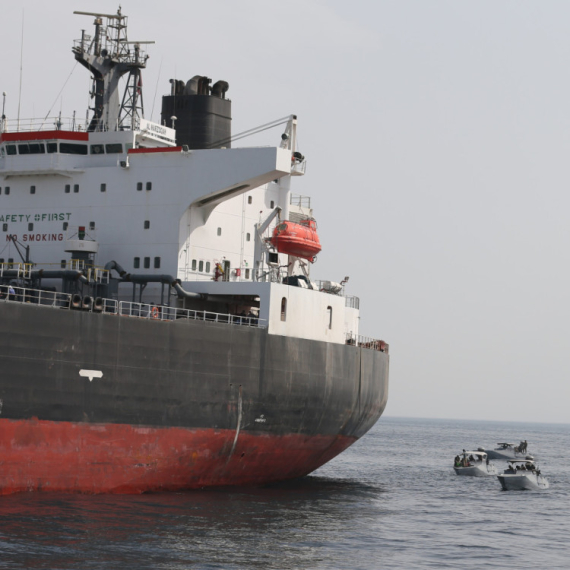










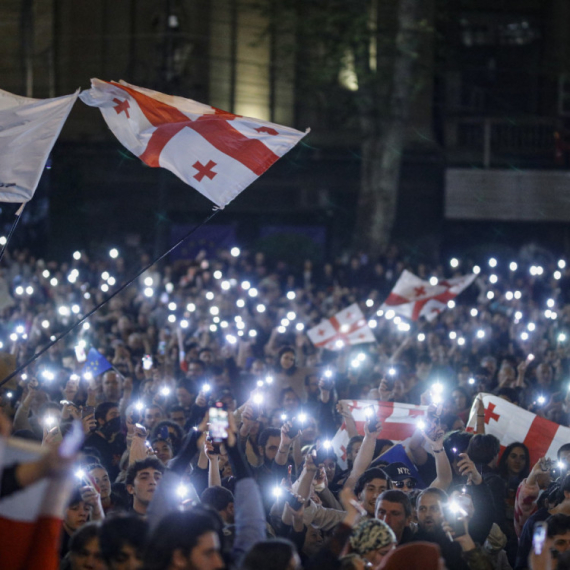



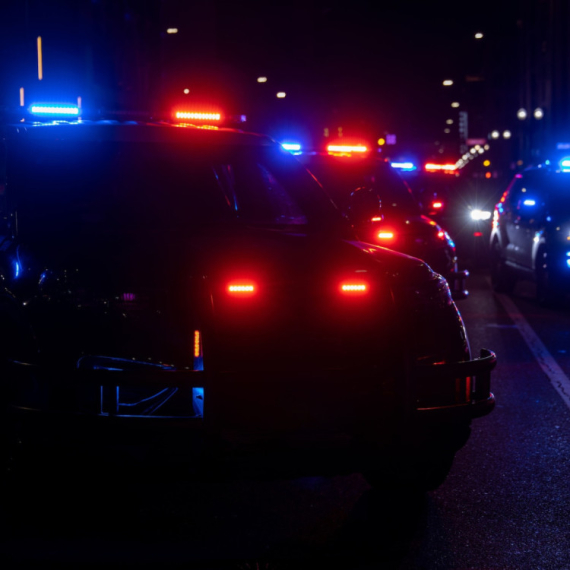




















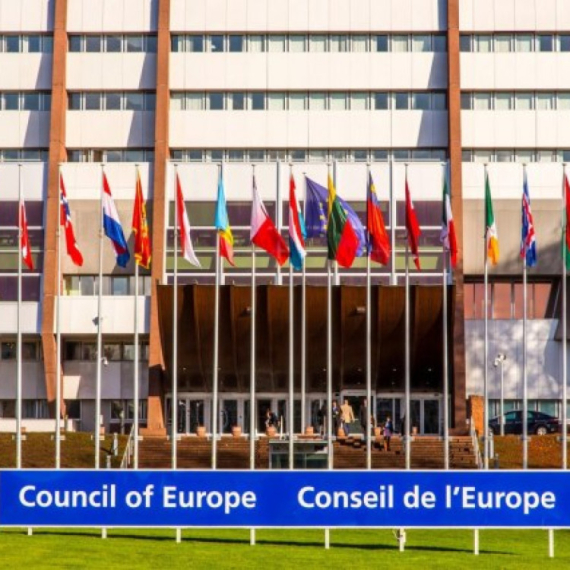








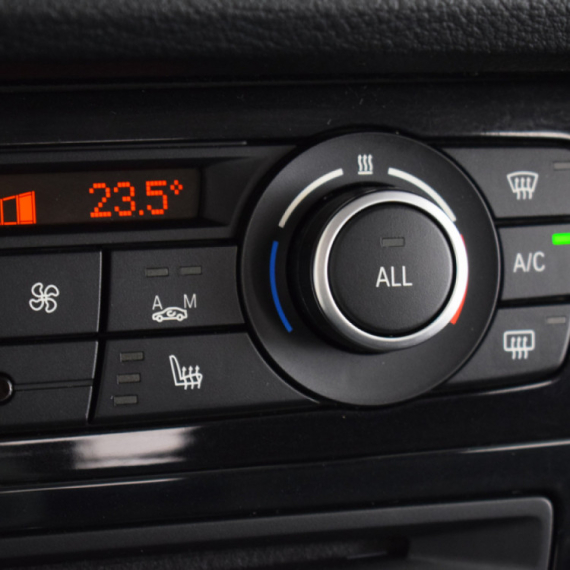
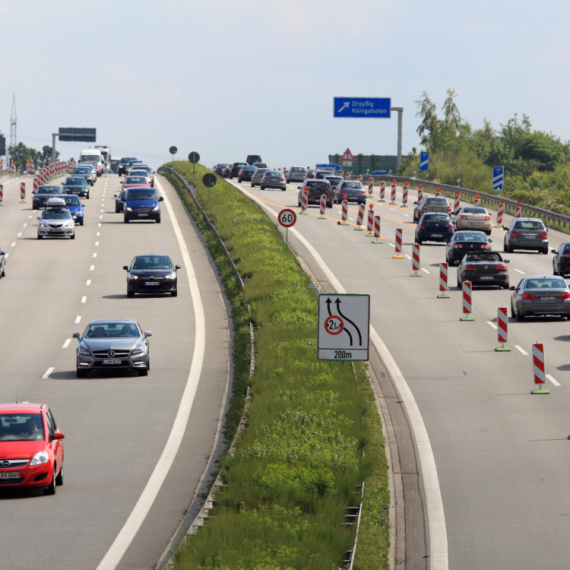
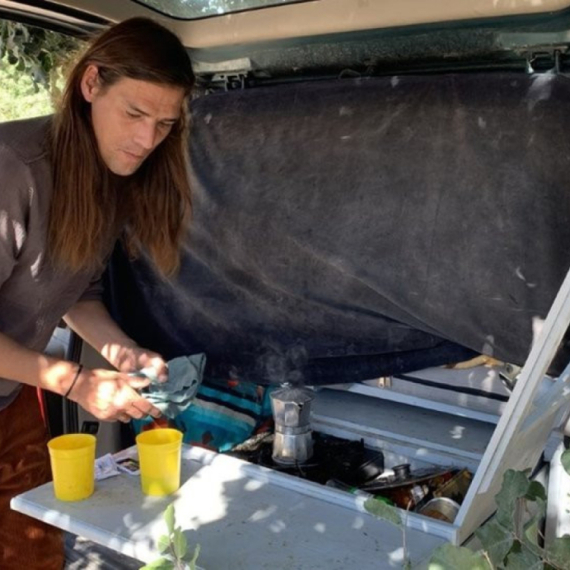
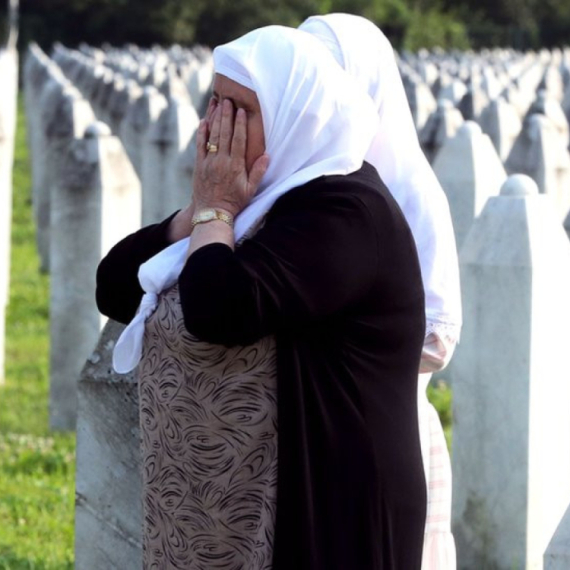
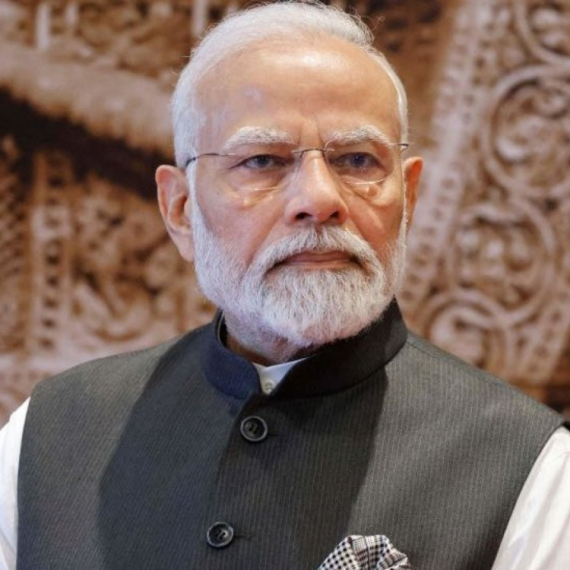
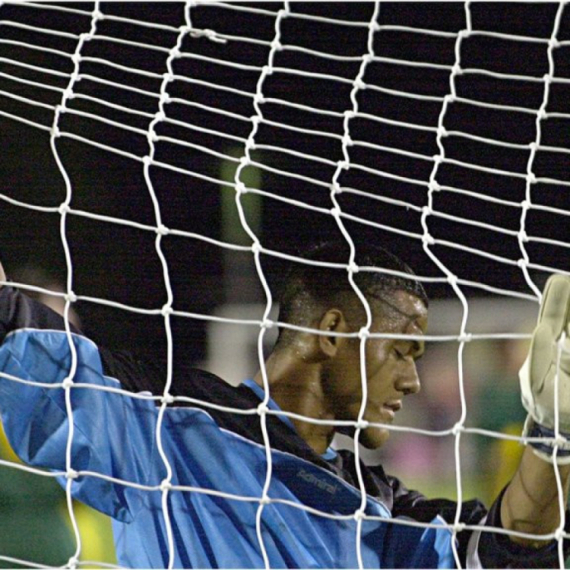
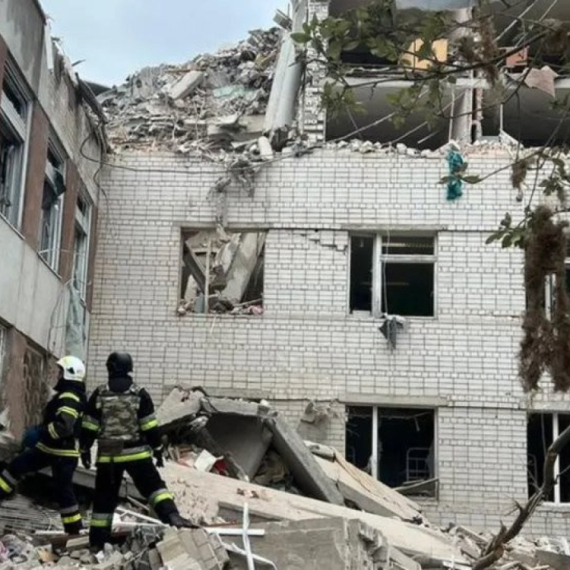

Komentari 0